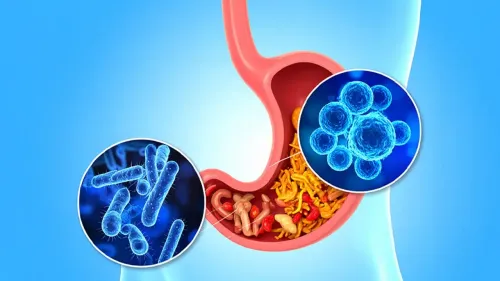Exposure to PM2.5 During Pregnancy Linked to Negative Birth Outcomes: Research

New Delhi, Nov 30 (NationPress) The exposure of pregnant women to fine particulate air pollution (PM2.5) may significantly alter their immune responses, potentially leading to negative birth outcomes, as revealed by a recent study.
While earlier studies have established connections between PM2.5 exposure and various maternal and child health issues such as preeclampsia, low birth weight, and developmental delays during early childhood, this new research, published in Science Advances, is the first to explore the direct link between PM2.5 and both maternal and foetal health.
Conducted by researchers at the Harvard T.H. Chan School of Public Health, the study aimed to understand the impact of air pollutants at a single-cell level.
Kari Nadeau, a Professor of Climate and Population Studies at the institution, stated that the findings represent “a significant advancement in understanding the biological pathways through which PM2.5 exposure influences pregnancy, maternal health, and foetal development.”
Nadeau added that the advanced methodology employed could transform the way we investigate immune responses to environmental factors.
The research included both non-pregnant and 20-week pregnant women as participants. Utilizing innovative technology, the team evaluated how pollution affected the DNA of individual cells in the participants.
Within these cells, they successfully mapped alterations to histones, the proteins responsible for regulating the release of cytokines—proteins that play a crucial role in managing inflammation in the body, which can impact pregnancy.
The findings indicated that PM2.5 exposure could modify the histone profiles of pregnant women, disrupting the typical balance of cytokine genes and resulting in heightened inflammation in both mothers and foetuses. For pregnant women, this increase in inflammation may correlate with adverse pregnancy outcomes.
The study underscores the necessity of reducing air pollution exposure for pregnant women to safeguard both maternal and foetal health.
The researchers also advocated for policy changes to enhance air quality and proposed clinical guidelines to assist pregnant women in minimizing their pollution exposure.









